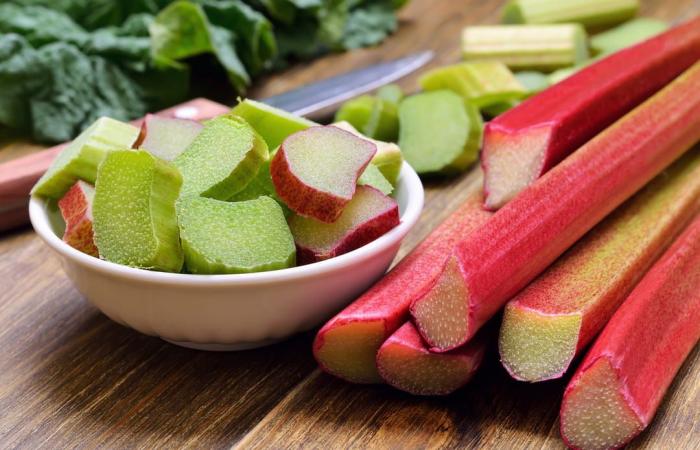Touted for their health benefits, vegetables are an integral part of our diet. But some have unsuspected effects on the body.
Almost all plants contain toxins. Their goal? Keep potential predators away. And among them, there is Man, who ingests it every day by consuming vegetables. In the majority of cases, these toxins are present in such minute quantities that they do not constitute a real danger to health. But exceptions exist.
Vegetables being significant sources of water, vitamins, minerals, fiber and antioxidants, it is often recommended to eat them “in moderation”. But food is not that simple. In an interview with Marie Claire, dietician and nutritionist Vanessa Bedjaï-Haddad criticizes the concept of eating “at will”: “It’s a bad way of approaching food. It inevitably leads to an imbalance.” By favoring vegetables, the consumer may tend to forget their intake of starchy foods or proteins, which are necessary for the proper functioning of the human body.
Ingested in too large quantities, vegetables can cause bloating and intestinal pain. Sulfur, present in many foods such as cabbage, cauliflower, Brussels sprouts and Pakchoi, is the main cause. Although it contributes to good bone health, by promoting the absorption of calcium, magnesium and phosphorus, it can have deleterious effects on the digestive system.
Rhubarb remains the most obvious example of the presence of toxins in vegetables. Its leaf is made up of two distinct parts: the stem, called the petiole, and the blade, the main and enlarged part of the leaf. The petiole can be eaten without fear after cooking, but the blade is extremely toxic. Rich in oxalic acid, it can cause stomach aches, vomiting, kidney stones, and in the worst case… death.
Oxalic acid is also found in spinach, beets and sorrel. For people suffering from kidney stones, doctors recommend avoiding these types of vegetables. Conversely, these foods are rather recommended for healthy people, whose risk of poisoning is very rare: you would have to ingest three kilos of spinach to feel the effects of the toxins.
The danger is greater when it comes to raw red bean seeds. The latter concentrate high levels of phytohaemagglutinin, a toxin causing nausea, vomiting and diarrhea. Some people ingest them without knowing it, thinking they are dealing with already cooked beans. But the risk is great: five seeds are enough to send the consumer to the hospital.







